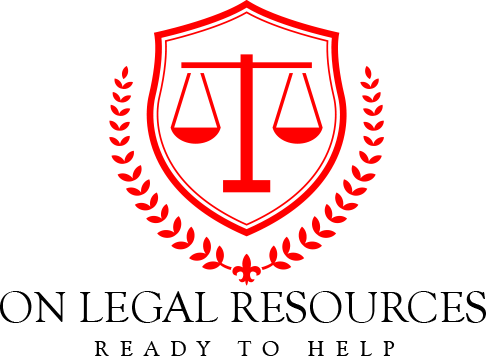Small Business Lawyer NJ: Expert Legal Guidance for Entrepreneurs
April 28, 2024
Owning a small business in New Jersey brings with it a unique set of legal considerations. From the moment of inception, various laws and regulations must be navigated, making the guidance of a knowledgeable small business lawyer invaluable. Our role in the legal landscape of New Jersey is to provide small businesses with the tailored legal advice they need to flourish. With a deep understanding of state laws that impact small businesses, we ensure our clients are well-positioned to succeed.
Legal challenges can arise at any stage of a small business’s lifecycle. Whether it’s drafting the initial business formation documents, negotiating contracts with suppliers and customers, managing employment law issues, or protecting intellectual property, having the right legal counsel is crucial. In New Jersey’s competitive business environment, we assist entrepreneurs in minimizing risks while maximizing opportunities. Learn more about small business lawyer nj
Our attorneys specialize in the intricacies of New Jersey business law. This specialized focus allows us to offer precise and effective legal strategies that resonate with the needs of small businesses. We prioritize creating a partnership with our clients, where their success is our success. This relationship is built on trust, expertise, and a commitment to deliver clear and actionable legal guidance.
Fundamentals of Small Business Law in NJ
New Jersey small businesses must navigate a complex legal landscape. We provide a clear breakdown of the critical legal areas, focusing on business formation, employment, and intellectual property laws.
Business Formation and Structure
When starting a business in New Jersey, choosing the right structure is crucial. We often advise our clients on the advantages and requirements of different entities such as Limited Liability Companies (LLCs) and corporations. LLCs, for example, offer the benefit of pass-through taxation and limited liability without many of the formalities of a corporation.
- LLCs in New Jersey are beneficial for those seeking flexibility and protection from personal liability.
- Corporations provide benefits for small businesses ready to engage in more formal structures, potentially raising capital through the sale of stock.
New Jersey law mandates that all business structures file appropriate formation documents with the New Jersey Division of Revenue and Enterprise Services.
Employment Law and Regulations
Navigating employment laws is essential for New Jersey small businesses to avoid legal pitfalls. Our guidance includes compliance with state-specific regulations and federal employment laws.
- All businesses must adhere to the Fair Labor Standards Act (FLSA) for issues related to minimum wage, overtime, and child labor.
- Classifying workers correctly as employees or independent contractors is critical; misclassification can lead to legal issues and penalties.
It is important for businesses to implement well-drafted employment agreements and have a solid understanding of New Jersey’s employment discrimination laws to protect both the business and its employees.
Intellectual Property and Copyright
Small businesses in New Jersey should not overlook the importance of protecting their intellectual property (IP). IP rights safeguard the business’s unique offerings and competitive edge.
- Trademarks and service marks should be registered with the U.S. Patent and Trademark Office for nationwide protection, even though common law rights can offer some level of defense.
- For creations of the mind, such as writings, art, and inventions, copyright and patent protections are vital. Copyrights are automatically in place upon creation, but registering them provides additional legal benefits.
By securing intellectual property, New Jersey small businesses can deter infringement and create assets that add value to their enterprise.
Navigating Legal Challenges for Small Businesses
As small business lawyers in New Jersey, we understand the intricate legal issues that small businesses face. Our guidance helps to address disputes efficiently and establish solid legal foundations for all business transactions.
Litigation and Dispute Resolution
In the event of business disputes, we prioritize arbitration and mediation as tools for dispute resolution. This approach often saves time and money compared to court proceedings.
- Arbitration: A neutral third party makes a binding decision.
- Mediation: We facilitate negotiations between parties to reach a mutual agreement.
When litigation is unavoidable, we represent small businesses in commercial litigation confidently, ensuring that their interests are robustly defended.
Contracts and Business Transactions
We assist small businesses with drafting and contract negotiation to prevent future disputes. Key areas include:
- Purchase agreements
- Service contracts
- Lease agreements
We ensure all business transactions are compliant with current laws, thereby minimizing risk and reinforcing the stability of the business.
Real Estate and Property Issues
Our expertise in real estate law enables us to support small businesses through various property-related legalities, such as:
- Zoning and land use
- Lease agreements
- Property acquisitions
We provide clear advice to ensure that real estate decisions align with the company’s overall strategy and legal requirements.
